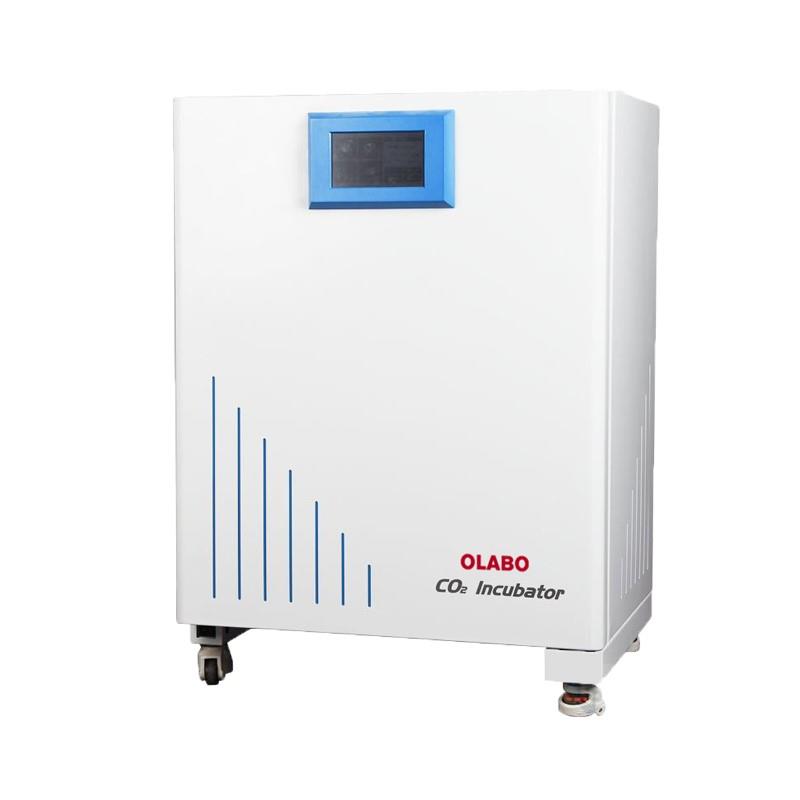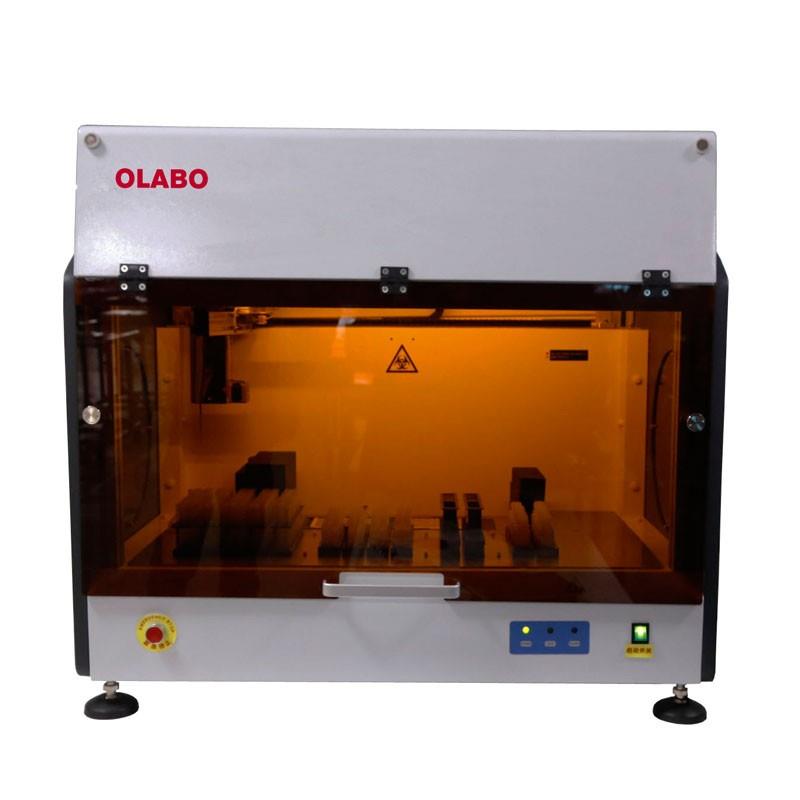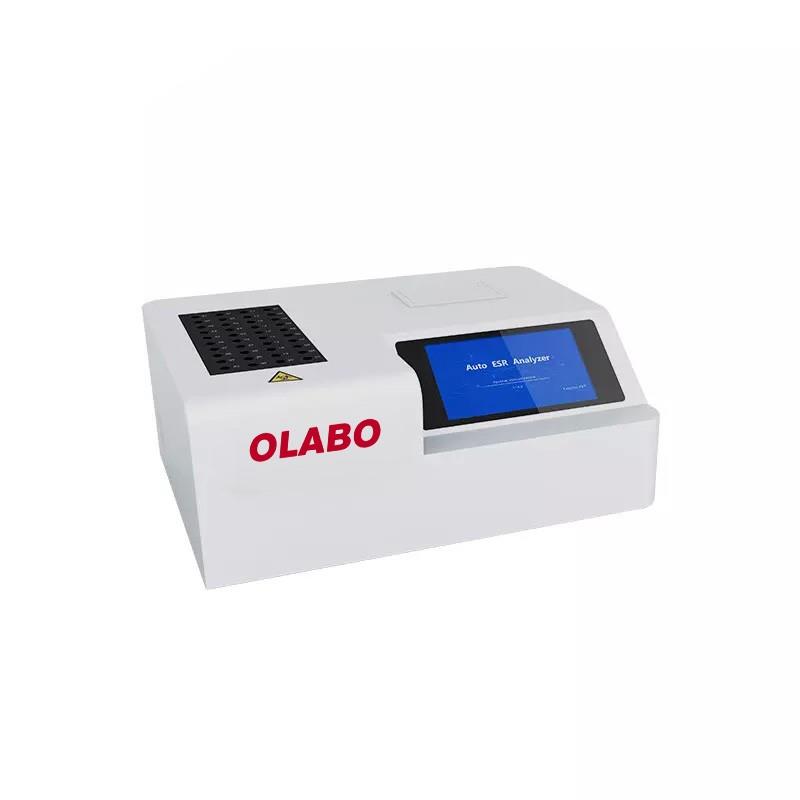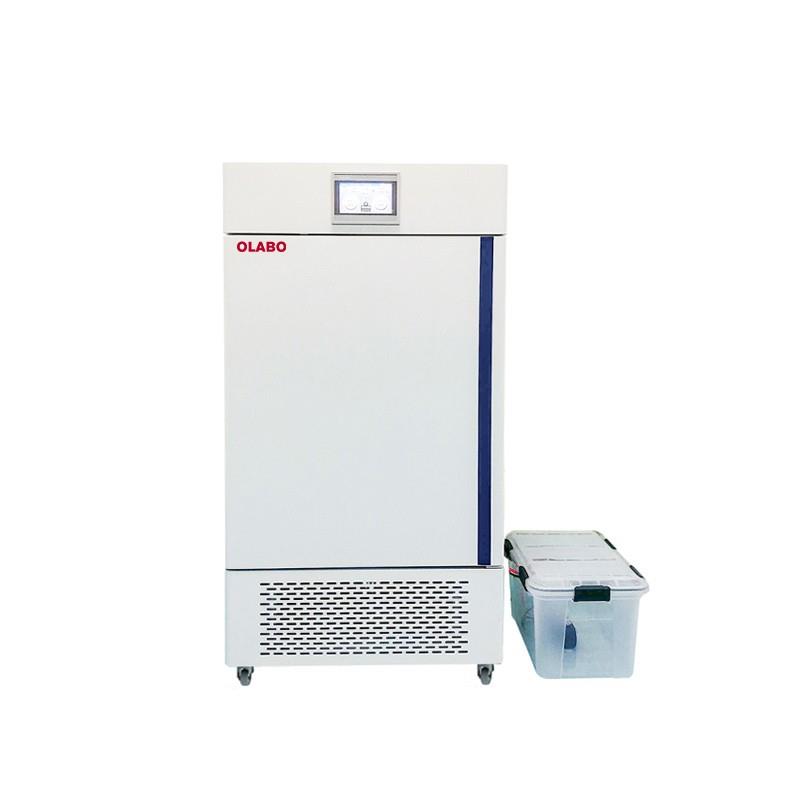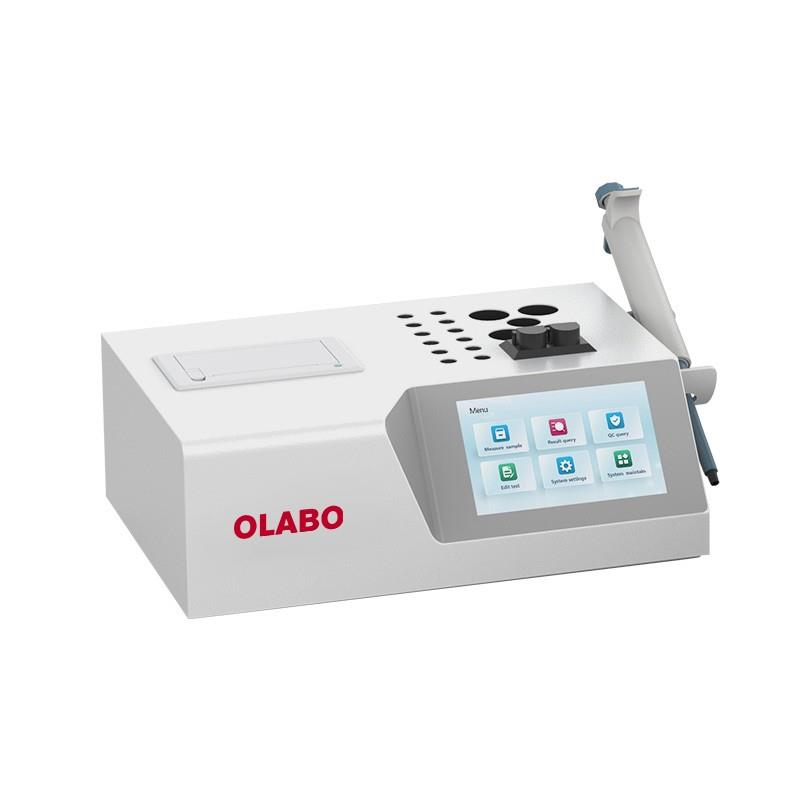Why automation?
As laboratory methods become more specific and specialised - and with a greater focus on the value of laboratory results - order volumes increase with the diversification of test menus. Automation often eliminates tedious and time-consuming tasks.
Automation improves laboratory ordering/testing/reporting. This is achieved through higher throughput, higher productivity, increased productivity, efficient use of reagents and materials and standardisation, which reduces the frequency of outliers and reduces errors, resulting in shorter turnaround times (TAT).
Overall, automation reduces production costs and has a positive impact on patient services, while creating a safer environment for staff.
How does automation affect staffing in the workplace?
The main aims of automation are to improve efficiency and reliability and to ostensibly reduce the need for additional labour. Automation has been reported to reduce error rates by over 70%, while also reducing staff time per specimen collection by 10%.
While there are laboratory professionals proficient in manual processes that require hands-on skills, performing repetitive tasks (e.g. manual pipetting, dilutions, chamber counts, normal variances, etc.) hundreds of thousands of times justifies the need to reduce the psychomotor skills required of professionals and focus on higher cognitive levels of expertise (independent judgement).
Advanced technology ultimately helps to make the logic of the job smarter, not harder, but the human element remains irreplaceable in the clinical laboratory. Automation is just another tool to help laboratory professionals handle a large number of processes by minimising behavioural input - it can never fully replace cognitive expertise.

Precision instruments require experienced professionals.
Clinical laboratories at the forefront of improving patient care are realising that automation not only saves time and money, but also provides new employment opportunities for skilled healthcare professionals while optimising the available workforce.
Laboratory medicine continues to need media attention, public awareness, industry respect and legislative support to attract and recruit highly qualified medical laboratory personnel and to retain medical laboratory professionals who are certified by national professional boards and licensed to practise by government where applicable.
In terms of automation, complex instrumentation requires experienced professionals to operate and respond to problems in the correct manner. Medical laboratory professionals oversee and manage specialist instrumentation, while maintaining quality control and quality assurance standards and providing preventative maintenance and troubleshooting.
Thus, when working collaboratively, the automation of repetitive tasks allows laboratory personnel to put their cognitive expertise to use in generating accurate and reliable laboratory results, thereby improving the quality of patient care.
Some OLABO’s automated equipment
OLABO's automatic equipment has also made a huge contribution in the fight against the new crown epidemic. The use of automated equipment not only saves a large amount of work for medical staff, but also improves the speed and accuracy of nucleic acid detection. Automatic and efficient to provide powerful tool support for large-scale detection.
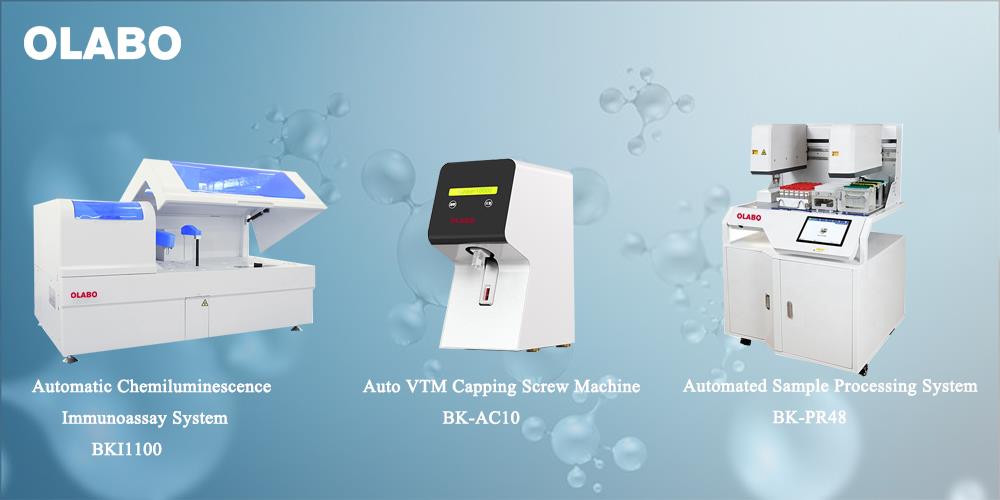
Click to learn more:
Automatic Chemiluminescence Immunoassay System BKI1100
Auto VTM Capping Screw Machine BK-AC10
Automated Sample Processing System BK-PR48


